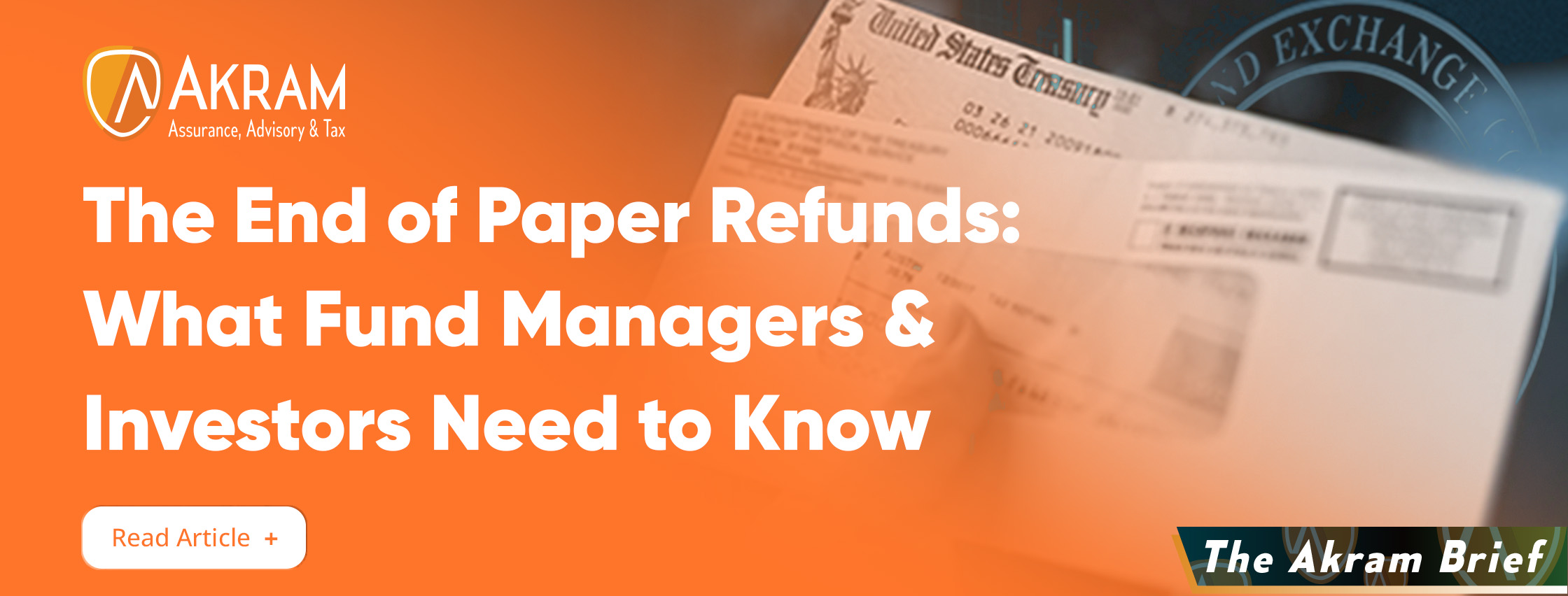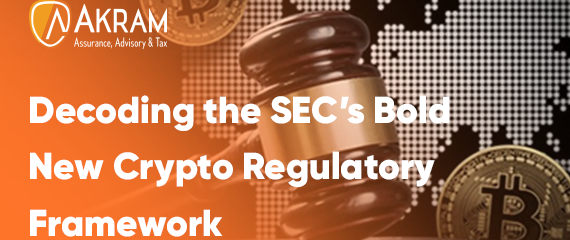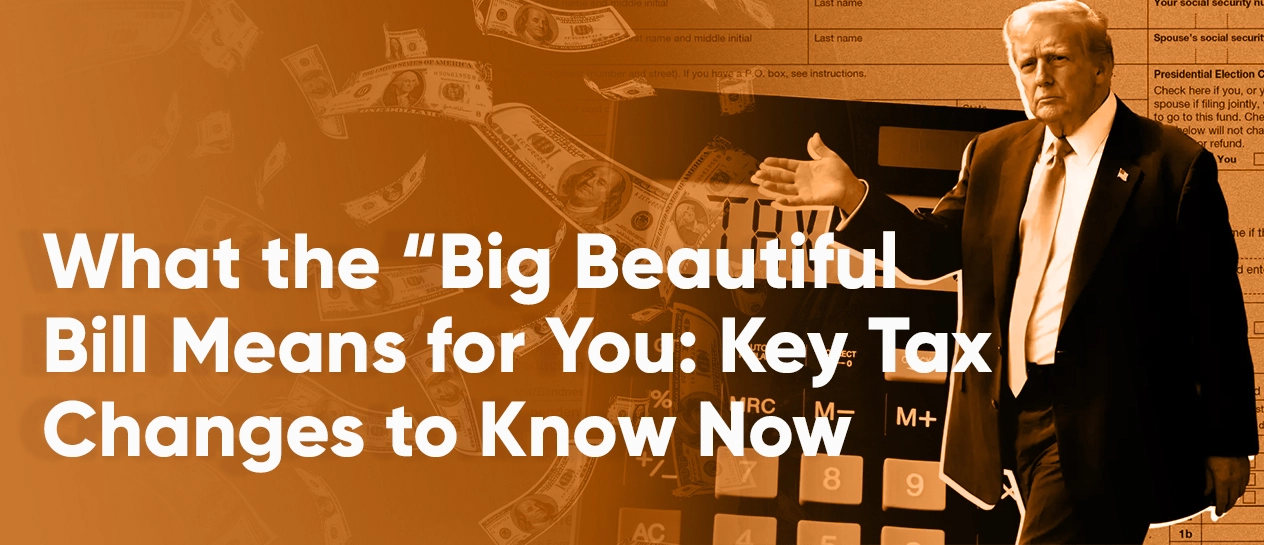Congress used the 2021 governmental funding legislation as the vehicle to pass much needed COVID-19 relief, and more. Spanning 5593 pages, the mammoth $2.3 trillion legislation contains some $900 billion COVID relief including most popular PPP loans for small businesses. The COVID-related Tax Relief Act of 2020 (COVIDTRA) and the Taxpayer Certainty and Disaster Tax Relief Act of 2020 (TCDTR), both part of the Consolidated Appropriations Act, 2021 (Act), contains provisions related to businesses, individuals, and energy related extenders.
Businesses Income Tax Provisions
i) PPP Loan Deductions Are Allowed
COVIDTRA clarifies taxpayers whose PPP loans are forgiven are allowed deductions for otherwise deductible expenses paid with the proceeds of a PPP loan, and that the tax basis and other attributes of the borrower’s assets will not be reduced as a result of the loan forgiveness. This is effective as of the date of enactment of the Coronavirus Aid, Relief, and Economic Security (CARES) Act. Taxpayers are allowed to deduct qualified expenses on their 2020 income tax returns which IRS disallowed earlier in the year.
ii) $10,000 EIDL Advance is Not Gross Income
The CARES Act expanded access to Economic Injury Disaster Loans (EIDL) and established an emergency grant to allow an EIDL applicant to request a $10,000 advance on that loan. The CARES Act also provided loan repayment assistance for certain recipients of CARES Act loans.
COVIDTRA clarifies that gross income does not include forgiveness of EIDL loans, emergency EIDL grants, and certain loan repayment assistance. The provision also clarifies that deductions are allowed for otherwise deductible expenses paid with the amounts not included in income, and that tax basis and other attributes will not be reduced as a result of those amounts being excluded from gross income.
iii) Extension of Certain Deferred Payroll Taxes
Under a Presidential Memorandum issued on August 8, 2020, the Treasury was directed to defer the withholding, deposit and payment of certain payroll taxes paid from September 1, 2020 through December 31, 2020 through Notice. The IRS issued implementing guidance. Specifically, the deferral applied to the employee portion of the old age, survivors, and disability insurance (OASDI) tax (6.2%) for any employee whose pre-tax wages or compensation payable during any bi-weekly pay period generally was less than $4,000 (or the equivalent with respect to other pay periods). This was a deferral and not a tax holiday. Thus, for those employees whose payroll taxes were in fact deferred, the obligation to pay was postponed until the period beginning January 1, 2001 and ending April 30, 2021, during which time the deferred taxes were to be withheld and collected ratably from wages paid (in addition to the normal payroll taxes on those wages). Interest, penalties and additions to tax would begin to accrue on May 1, 2001. The Act extends the due date for that deferral to be repaid to December 31, 2021, with interest, etc. to begin accruing as of January 1, 2022.
iv) Temporary Allowance of Full Deduction for Business Meals
Taxpayers may generally deduct the ordinary and necessary food and beverage expenses associated with operating a trade or business, including meals consumed by employees on work travel. The deduction is generally limited to 50% of the otherwise allowable amount. The Act provides certain exceptions to this 50% limit. However, under pre-Act law, there was no exception for meals provided by a restaurant.
Under the Act, the 50% limit won’t apply to expenses for food or beverages provided by a restaurant that are paid or incurred after Dec. 31, 2020, and before Jan. 1, 2023.
v) Waive Form 1099-C Reporting Requirements
A lender that discharges at least $600 of a borrower’s indebtedness is required to file a Form 1099-C, Cancellation of Debt, with IRS, and to furnish a payee statement to the borrower.
The COVIDTRA provision allows the Treasury Department to waive information reporting requirements for any amount excluded from income by the exclusion of covered loan amount forgiveness from taxable income, the exclusion of emergency financial aid grants from taxable income or the exclusion of certain loan forgiveness and other business financial assistance under the CARES act from income.
Vi) Work Opportunity Credit Extended Through 2025
The Code provides an elective general business credit to employers hiring individuals who are members of one or more of ten targeted groups under the Work Opportunity Tax Credit program. Under pre-Act law, the credit, which is based on qualified first-year wages paid to the hire, applied to hires before Jan. 1, 2021.
The Act extends the credit through 2025 and applies to individuals who begin work for the employer after Dec. 31, 2020.
vii) Expensing Rules for Certain Productions
Under pre-Act law, taxpayers could claim a deduction for qualified film, television, and theatrical productions beginning before Jan. 1, 2021, of up to $15 million of the aggregate cost ($20 million for certain areas) of a qualifying film, television, or theatrical production in the year the expenditure was incurred.
The Act extends this deduction through 2025 for productions commencing after Dec. 31, 2020.
viii) Employer Credit for Paid Family and Medical Leave
Under pre-Act law, for tax years beginning before Jan. 1, 2021, the Code provides an employer credit for paid family and medical leave, which permits eligible employers to claim an elective general business credit based on eligible wages paid to qualifying employees with respect to family and medical leave. The credit is equal to 12.5% of eligible wages if the rate of payment is 50% of such wages and is increased by 0.25 percentage points (but not above 25%) for each percentage point that the rate of payment exceeds 50%. The maximum amount of family and medical leave that may be taken into account with respect to any qualifying employee is 12 weeks per tax year.
The Act extends this credit through 2025, applying to wages paid in tax years beginning after Dec. 31, 2020.
Individual Income Tax Provisions
i) Additional $600 Recovery Rebates
The CARES Act provided for direct payments/rebates to certain individual taxpayers are referred to as Economic Impact Payments (EIP). The COVIDTRA contains a new program, which it refers to as “additional 2020 recovery rebates.”
The provision provides a refundable tax credit to eligible individuals in the amount of $600 per eligible family member. The credit is $600 per taxpayer ($1,200 for married filing jointly), in addition to $600 per qualifying child. The credit phases out starting at $75,000 of modified adjusted gross income ($112,500 for heads of household and $150,000 for married filing jointly) at a rate of $5 per $100 of additional income. The term “eligible individual” does not include any nonresident alien, anyone who qualifies as another person’s dependent, and estates or trusts.
Taxpayers without an eligible Social Security number are not eligible for the payment. However, married taxpayers filing jointly where one spouse has a Social Security Number and one spouse does not are eligible for a payment of $600, in addition to $600 per child with a Social Security Number.
Additional $600 recovery rebate is in dispute by President Trump before signing the Act and he wants Congress to increase EIP to $2,000.
ii) Charitable Contributions deduction by Non-Itemizers
For 2020, individuals who normally do not itemize deductions may take up to a $300 above-the-line deduction for cash contributions to qualified charitable organizations (deduction limits of $300 also applied to married filers). A 20% penalty applies to tax underpayments attributable to any overstated cash contribution by non-itemizers.
The TCDTR extends the above rule through 2021, allowing individual cash contributions of up to $300, ($600 for married filers) to be deducted above-the-line for cash contributions to qualified charitable organizations.
An increased penalty of 50% applies to tax underpayments attributable to any overstated cash contribution by non-itemizers.
iii) $250 Educator Expense Deduction Applies to PPE
Eligible educators are allowed a $250 above-the-line deduction for certain otherwise allowable trade or business expenses paid by them. COVIDTRA provides that, not later than February 28, 2021, the IRS must, by regulation or other guidance, clarify that personal protective equipment (PPE), disinfectant, and other supplies used for the prevention of the spread of COVID-19.
iv)Emergency Financial Aid Grants
An individual taxpayer may claim the American opportunity tax credit and/or the Lifetime Learning credit for higher education expenses at accredited post-secondary educational institutions paid for themselves, their spouses, and their dependents. However, under higher education expenses paid for by tax exempt income can’t be used to claim either of these credits.
COVIDTRA excludes certain CARES Act emergency financial aid grants from the gross income of college and university students. This provision also holds students harmless for purposes of determining their eligibility for the American Opportunity and Lifetime Learning tax credits.
Energy-Related Tax Provisions
TCDTR contains numerous tax extenders related to energy credits. A summary of the energy-related extenders and excise tax provisions is below.
i) Electricity Produced from Certain Renewable Resources
An income tax credit is allowed for the production of electricity from qualified energy resources at qualified facilities (the “renewable electricity production credit”). Qualified energy resources mean wind, closed-loop biomass, open-loop biomass, geothermal energy, solar energy, small irrigation power, municipal solid waste, qualified hydropower production, and marine and hydrokinetic renewable energy. Qualified facilities are, generally, facilities that generate electricity using qualified energy resources.
The Act extends the date by which construction of a qualifying facility must begin, to before Jan. 1, 2022, for the following facilities: wind facilities, qualifying closed-loop biomass, open-loop biomass, geothermal energy, land fill gas and trash, qualified hydropower, and marine and hydrokinetic renewable energy facilities
ii) Wheeled Plug-in Electric Vehicle Credit
The Code provides a 10% credit for highway-capable, two-wheeled plug-in electric vehicles (capped at $2,500). Battery capacity within the vehicles must be greater than or equal to 2.5 kilowatt-hours. The Act extends this credit so that it applies to vehicles acquired before Jan. 1, 2022.
iii) Energy-Efficient Homes Credit
The Code provides a credit for manufacturers of energy-efficient residential homes. An eligible contractor may claim a tax credit of $1,000 or $2,000 for the construction or manufacture of a new energy efficient home that meets qualifying criteria.
The Act extends the credit for energy-efficient new homes by one year, to homes acquired before Jan. 1, 2022.
iv) Other Energy Credits are Extended through 2021
Second generation Biofuel Producer credit ($1.01 for each gallon), Non-business Energy Efficient Property Credit ($50 to $300), and Qualified Fuel Cell refueling property credit ($4,000 to $40,000) are extended through 2021.



